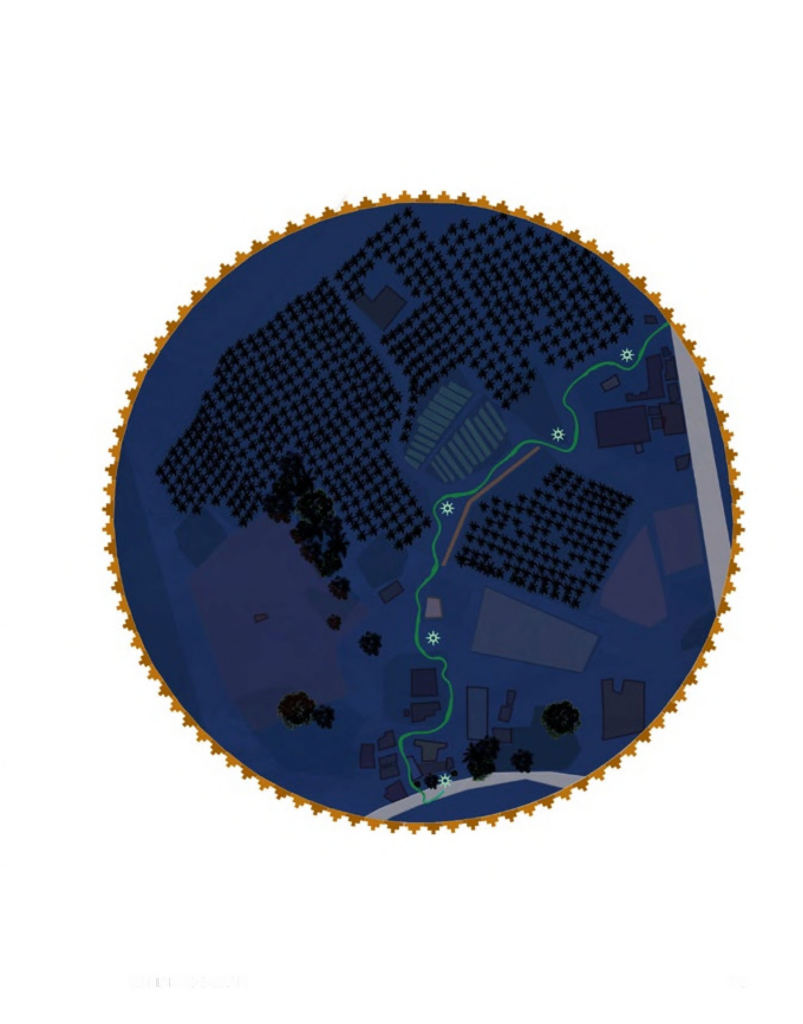MARIAH LOOKMAN
Born 1973 in Karachi, Pakistan, lives and works in Karachi and Galle, Sri Lanka
a Mirage: rivers meet the sea; fresh and salt waters may intermingle; an ocean remains distinct, and Poets have forgotten words for love, 2024
2024

Mariah Lookman is an artist and educator with a research-based practice. Her work is grounded in recuperating knowledge systems and technologies devalued by colonialism. As an educator, she is engaged in institution building, curricula innovation, and areas of post-conflict reconciliation through the arts. She is also the founder of Wellness Fund Galle Trust, a platform for philanthropy and activism that bridges art production and health. Mariah Lookman holds a D.Phil. from the Ruskin School of Art, University of Oxford.
Mariah Lookman’s commission is a multi-layered work that draws from the historical spice trade and the enduring traditional healing practices produced through its routes across South and Southeast Asia and the Arabian Peninsula. Situated at Shamalat, an artist center initiated by Saudi artist Maha Malluh, the work consists of a water channel running along the sidewalk in front of Shamalat in shape of a meandering river that cuts through the typical yellow stone of Riyadh and winds into a garden bed. This channel is a visual metaphor for the wadis that formed the paths traveled by pilgrims, sailors, and trading caravans. The garden bed holds a variety of medicinal plants that include species native and endemic to the Arabian Peninsula. Maps with recipes and remedies by the artist trace old spice routes, maritime histories, and navigation by the stars—all linked to the discovery of medicinal plants.
The soundwalk gathers stories along the spice routes. These accounts were collected during the artist’s research in Saudi Arabia, for which she traveled to regions from Riyadh to Jazan and the Hasher mountains. Visitors are invited to listen while strolling in the vicinity of Shamalat, which is located along the old caravan route of the Wadi Hanifah. The artist’s poetic narration is inspired by the stories of healers and merchants at the souks, mothers, and grandmothers. Storytelling becomes a method of recuperating a knowledge of plants that is passed on orally from one generation to the next. Visitors are also welcome to try a special menu at Shamalat created as part of the artist’s invitation to reflect on historical uses of the various ingredients in the dishes on offer. The work is an embodied and holistic experience of cross-cultural encounters and vernacular knowledge that has endured over distance and time.


